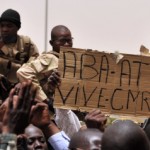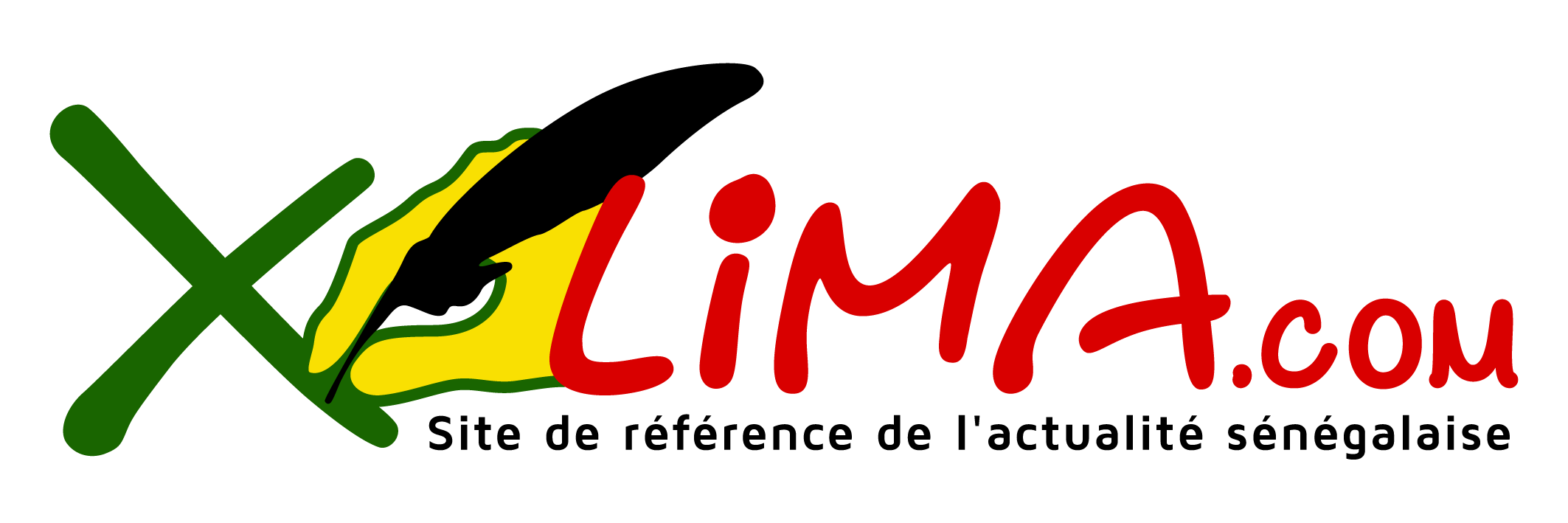 GAO/BAMAKO, – Rebels in pick-up trucks loaded with heavy arms attacked the northern Mali town of Gao on Saturday, capitalising on the chaos caused by last week’s military coup to make further gains.
GAO/BAMAKO, – Rebels in pick-up trucks loaded with heavy arms attacked the northern Mali town of Gao on Saturday, capitalising on the chaos caused by last week’s military coup to make further gains.
The attack came a day after the rebels – a loose alliance of separatist nomad Tuaregs and local Islamists – seized the town of Kidal which, along with Gao and the historic trading city of Timbuktu, is one of the three main towns of Mali’s north.
A Reuters reporter saw the rebels entering the town and hoisting the flag of Azawad, the desert territory bigger than France that they want to make their homeland, before pulling back after meeting resistance.
Some rebel units were shouting « God is Great » in Arabic, suggesting they were linked to Islamist groups who do not have separatist goals but instead want to impose sharia, or Islamic law, on the mostly Muslim country.
But Gao, a town of 90,000 people, has the largest garrison in the north, and army resistance was stronger than in Kidal.
Government forces held onto the town centre and in the afternoon rebel units began to pull back, their base in a captured fire station on Gao’s outskirts coming under attack from army helicopters and heavy weapons.
By late afternoon, fighting died down and residents started venturing back out on to the streets.
The unrest in Mali, Africa’s third largest gold-producer, has been fuelled by weapons brought out of Libya during last year’s conflict, and risks creating a vast new lawless zone in the Saharan desert that Islamists and criminals could exploit.
« LOOKING OVER THEIR SHOULDERS »
Mid-ranking officers behind last week’s coup accused the government of giving them inadequate resources to fight the rebels. But the coup has turned into a spectacular own-goal, emboldening the rebels to take further ground.
Advances by the Tuareg-led rebels, who have joined forces with Islamist allies, are likely to increase Western concerns about growing insecurity in West Africa.
« If you have a successful Islamist revolt in northern Mali, people will sit up and take notice, » John Campbell, the Ralph Bunche Senior Fellow for Africa Policy Studies at the New York-based Council on Foreign Relations, told Reuters this week.
Campbell, a former U.S. ambassador to Nigeria, said that one of the leaders who might be « looking over their shoulders » at the rebellion would be Nigerian President Goodluck Jonathan, whose government is battling an insurgency by the Islamist sect Boko Haram in the Muslim north of Africa’s top oil producer.
Malian President Amadou Toumani Toure, whose decade-long rule was associated with stability but also rising frustration with a political elite accused of turning a blind eye to widespread corruption, has said he is safe in an undisclosed location in Mali.
Coup leader Captain Amadou Sanogo, who has won significant street support for his putsch, pleaded on Friday for outside help to preserve the territorial integrity of the former French colony, which is a major cotton as well as gold producer.
Neighbouring countries have not answered his plea, however, and have given him until Monday to start handing back power to civilians or see the borders of his landlocked country sealed.
In a sign that moves are under way to negotiate an end to the chaos, three members of the new junta held talks in the Burkina Faso capital Ouagadougou with President Blaise Compaore, named by fellow West African leaders as the main mediator in the crisis.
If Mali’s neighbours such as Ivory Coast and Senegal follow through with a threat to seal its borders, the impact on its economy will be felt almost immediately as the imported fuel on which it depends begins to run out.
(Additional reporting David Lewis in Dakar; Mathieu Bonkoungou in Ouagadougou and Pascal Fletcher in Johannesburg; Writing by Mark John; Editing by Kevin Liffey)



